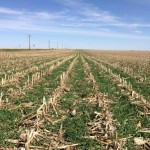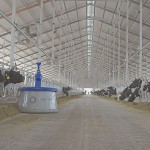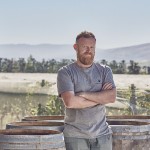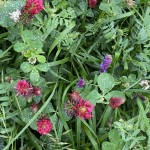Organic Hawkes Bay Blueberries an example of both intensive and sustainable production
Added 6 months ago
By Bonnie Flaws
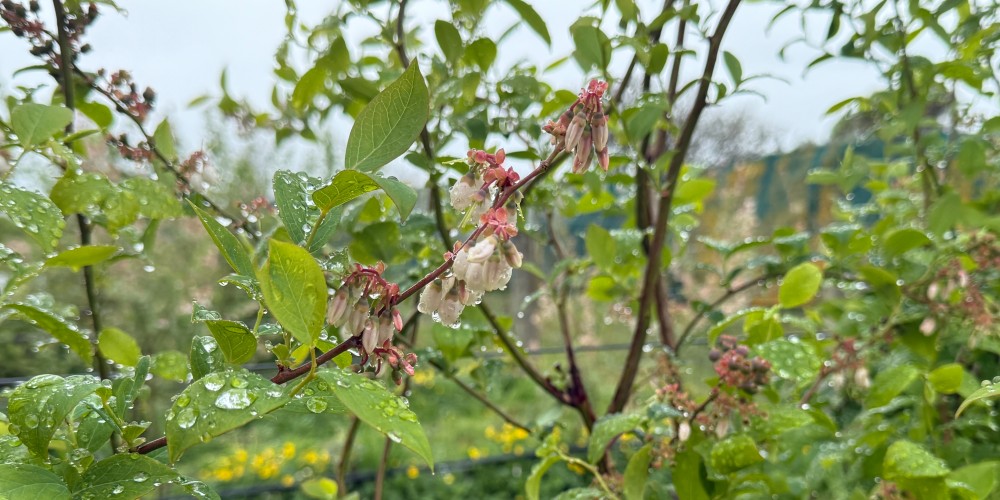
True Earth has built an intensive organic blueberry growing operation over more than 20 years,
from what was originally pastoral land.
True Earth blueberries are grown outdoors and in soils, rather than substrate. Increasingly, berry
fruits are grown indoors using substrate, so the business stands out in that respect.
On top of that, True Earth grows to strict organic standards, which means there are less tools in
the toolbox when problems arise, making it a challenging enterprise. Owner Scott Lawson says it’s
hard work but offers a point of difference to the consumer on both taste and nutrition.
Over time, Scott has increased the size of the growing area, and he has diversified so that True
Earth can achieve a minimum of a six-month harvest period, up from just three-to-four months
previously.
This helps serve the Australian market, where upwards of 80% of New Zealand’s blueberry
production is sent. Australians consume four times as many blueberries per head than Kiwis.
Is it possible to be both intensive and sustainable?
“In my mind you can be intensive and sustainable if you carefully manage your inputs and produce
a quality product that can achieve a premium over other products. So, you can grow at scale
sensibly and sustainably, and most importantly, profitably. However, we often have a higher cost of
production, and we need to get a premium to cover that”
.
Scott has had ups and downs economically but has been around a long time - more than 20 years
growing blueberries, and 30 years using organic systems - and knows a thing or two. He says the
answer is in managing soils, and the farming environment really well. But he doesn’t much like the
word sustainable.
“You need to be better than just sustainable; you need to be regenerative in your approach to
farming and food production. Smart farming is what we should be terming things. If you are going
to be producing intensive horticulture you need to be smart about managing your finite resources -
soils, nutrients, water.”
Is soil a finite resource?
“The land area is a finite resource. The top-soil is not. It can be degraded or increased. With the
right cultural practices on farm, you can grow top-soil, whether that’s in intensive horticulture or
pastoral farming. It’s possibly easier in pastoral situations and more challenging for horticulture,
particularly vegetable production due to tillage."
In terms of soil fertility, Scott says Hawke’s Bay growers are very lucky because they have a good
supply of irrigation water and high value organic matter from forestry waste - bark and sawdust - as
well as local commercial composters, Bio Rich.
Along with compost, he focuses on agro-ecological solutions. Lots of biodiversity around the
property encouraging beneficial insects and the use of ecological, organically certified products for
weed and pest control.
“A big part to our program is soil microbial activators and foliar feeding of plants as well as utilising
bulk mineral fertilizers as required.”
“It’s not for everybody and it’s difficult to do. You need a lot of focus to achieve what we are doing
and it’s about more inputs, not less. You need more time and more focus in order to achieve the
higher production.”
Join the conversation
Be the first to leave a comment.
Leave a comment
All comments are reviewed before they are published on the website. Your email address will not be published.
